This guide is for workers whose work can involve exposure to such situations especially when covering events such as war, disasters and civil unrest.
What Can Go Wrong?
- After experiencing a traumatic event it is natural to feel upset, tearful, angry, or sad and have difficulty with sleeping.
- Most people, in time, get over such bad experiences with the passage of time, and it is important that you recognise that this is an important part of the thought and emotional process around the incident to allow you to progress to resolution.
- Post-Traumatic Stress Disorder (PTSD) is rare, but can occur when these early symptoms do not resolve and become entrenched. Symptoms usually appear within 6 months of the traumatic event.
- People can feel depressed, anxious, grief stricken, guilty and angry after a traumatic experience and have symptoms of intrusive flashbacks to the event and nightmares, avoidance and distraction from the event or being on guard all the time – being jumpy and hyper vigilant.
- If your symptoms do not subside over time, or get worse, then at that point it is very important to get help.
Legal/�鶹�� Requirements
- There are no specific legal requirements to draw to your attention; you must still apply the control measures that are relevant to your activity
Control Measures
Prevention
- It is always better to be prepared. For those likely to be involved in situations which present significant psychological risks (e.g. witnessing traumatic events or seeing film footage showing these), consider arranging for your team to have a trauma awareness briefing from a network of �鶹�� TRiM Advisers (see Useful Documents) - they can help your team to recognise the signs and symptoms of trauma, techniques for reducing its effects and explain what support is available.
After an incident
- Monitor your colleagues for signs that they have been affected by a traumatic event.
- Don’t bottle things up in the early stages and, instead, talk to others involved or other colleagues who understand the work that you do.
- There are a small number of Trauma Network individuals in certain areas who are trained to make contact with you in the early stages after a traumatic event. They are not counsellors, but provide a touch point for contact and support and pointing you in the direction of help if required.
- You should talk to your manager at the earliest opportunity if you are experiencing problems after a traumatic event or have concerns. Employees can also access counselling services through the Employee Assistance Programme (EAP) (see Recommended Links or be referred to Occupational Health by your manager. Whilst the EAP is an employee benefit, it can be made available to freelancers under certain circumstances (contact HR for advice).
- Or alternatively talk to your own GP/doctor if you continue to feel symptoms after the event and they aren’t resolving.
Division Specific Issues
- No Division specific issues
FAQs/Did You Know?
- It is good to talk to colleagues initially, but if your symptoms carry on or get worse or you are worrying unduly, then at that point you should seek professional advice.
- You will know when you’ve got over a traumatic experience when you can think about it without distress, with no intrusion of the thoughts at inappropriate times, and you do not feel the need to be constantly vigilant.
- At present evidence of effective PTSD treatment exists for psychotherapy, behaviour therapy, EMDR and antidepressants.
Useful documents
-
-
[�鶹�� network only]
Recommended links
-
-
-
[Gateway]
-
Dangerous deployment topics
-
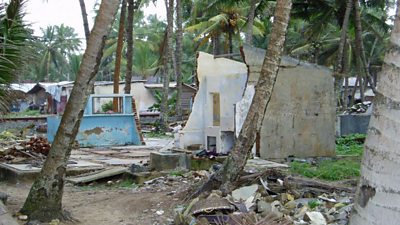
Disaster Coverage
A guide to covering disasters. -
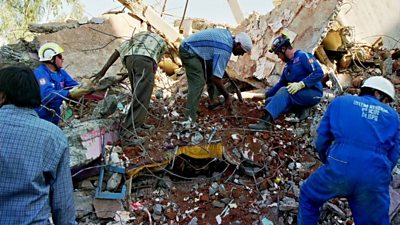
Disaster Coverage - Health Aspects
A guide to health risks when visiting areas subject to natural or man-made disasters. -
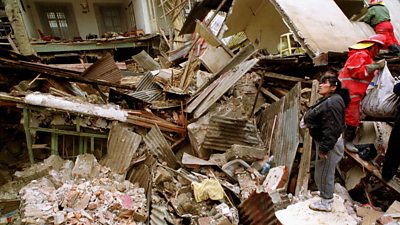
Earthquakes
A guide to working in areas affected by earthquakes. -
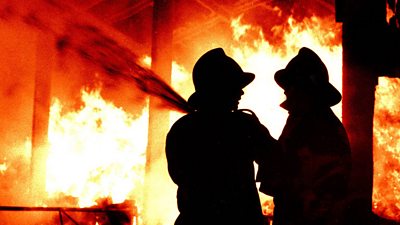
Fires - Buildings and Bushfires
A guide to deployments of journalists and crew to large building fires and bushfires. -
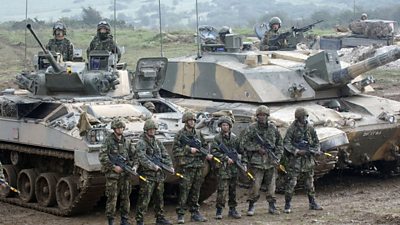
Hostile Environments
Hostile Environments and Travel Advisory information and Country List -
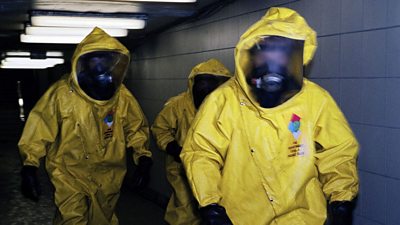
Industrial Spills and Chemical, Biological, Radiation Hazards
A guide to chemical, biological and radiation related hazards. -
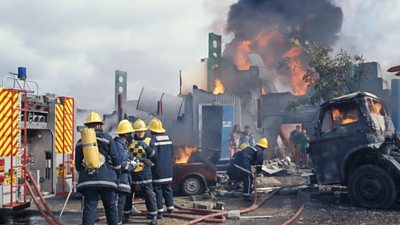
Trauma and PTSD
A guide to dealing with trauma or a traumatic event. -
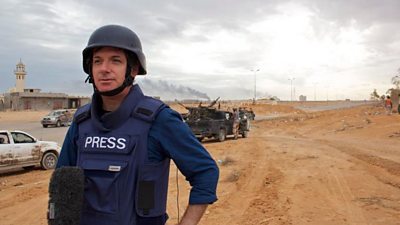
Safety Equipment Stores
Our safety equipment store details -

Terrorist Bomb Incidents
A guide to covering bomb story threats
Psychological Trauma topics
-

Psychological Trauma and PTSD
A guide to dealing with psychological trauma or a traumatic event where there is exposure to a violent situation, personal life threatening danger or fear of death. -
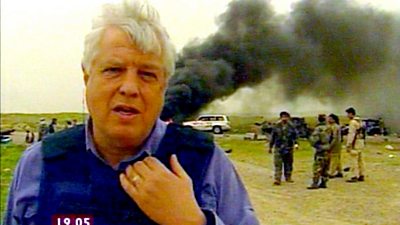
Psychological Trauma Support & Trauma Risk Management (TRiM)
Information and support to assist staff involved or likely to be involved in traumatic assignments / deployments. -
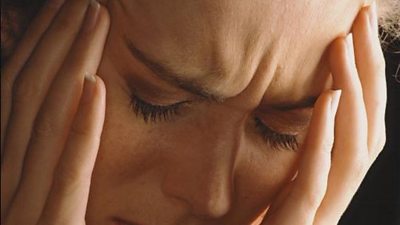
Pressure and Stress
A guide to recognising and managing pressure and stress. -

Mental Health
Guidelines relating to mental health providing guidance and advice.
More from SSR
-
Your platform to record accidents, risk assessments, assurance monitoring and inspections
-
Safety Equipment Stores
Just one number to call: 020 3614 5155 -
�鶹�� Safety Guidelines
An A-Z of �鶹��'s Health and Safety Guidelines -
Safety Advice Line: 0370 411 0464 Email: safety@bbc.co.uk
Events guidance - key links:
- Exhibitions
- General Guidance
- Indoor Location Recce Checklist
- Outdoor Location Recce Checklist
- Major Incidents & Emergency Planning
- Marketing and Promotional
- Noise Exposure
- Planning and Management
- Responsibilities
- Responsibilities Form
- Laser Lighting Effects
- Strobe Lighting
- Temporary Stages and Rostra
Health topics - key links:
- (�鶹�� network only)
- Contributors Fitness to Participate
- Display Screen Equipment (DSE)
- (�鶹�� network only)
- First Aid and Welfare on Location
- International Travel - Risks & Health
- Manual Handling
- Mental Health: Homepage
- (�鶹�� network only)
- Personal Health and Wellbeing
- Pregnancy
- Psychological Trauma Support & Trauma Risk Management (TRiM)
- Tiredness and Fatigue
- Travel Health Contacts
�鶹�� High Risk - key links:
- CBRN and Industrial Spills
- Covert Filming
- Crisis Management and Security Support
- Demonstrations, Protests and Crowds
- Disaster Coverage
- Door Stepping
- (�鶹�� network only)
- (�鶹�� network only)
- Public Order
- Safety Equipment Stores
�鶹�� Journalism - key links:
�鶹�� Productions - key links:
- Aerial Filming and Airfields
- Animals: Displaying and handling for performance
- Boats: Working on
- Children and Young People
- Driving
- Electrical Equipment and Systems
- First Aid and Welfare on Location
- Food Safety (Cooking and Catering)
- Remote Location Working
- Roads and Streets: Working by
- Security of Productions on Location
- Stunts
- Tiredness and Fatigue
- Unmanned Aerial Systems (UAS aka Drones)
- Vehicles: Recording in, from and around
- Working at Height: Mobile Elevating Work Platforms
- Working at Height: Tower Scaffolds
�鶹�� Radio - key links:
- (�鶹�� Network only)
�鶹�� Security - key links:
�鶹�� Sport - key links:
About this site
This site describes what the �鶹�� does in relation to managing its health, safety and security risks and is intended for those who work directly for the �鶹��.
It is not intended to provide instruction or guidance on how third parties should manage their risks. The �鶹�� cannot be held liable for how this information is interpreted or used by third parties, nor provide any assurance that adopting it would provide any measure of legal compliance. More information
Some links on this site are only accessible when connected to the �鶹�� network
